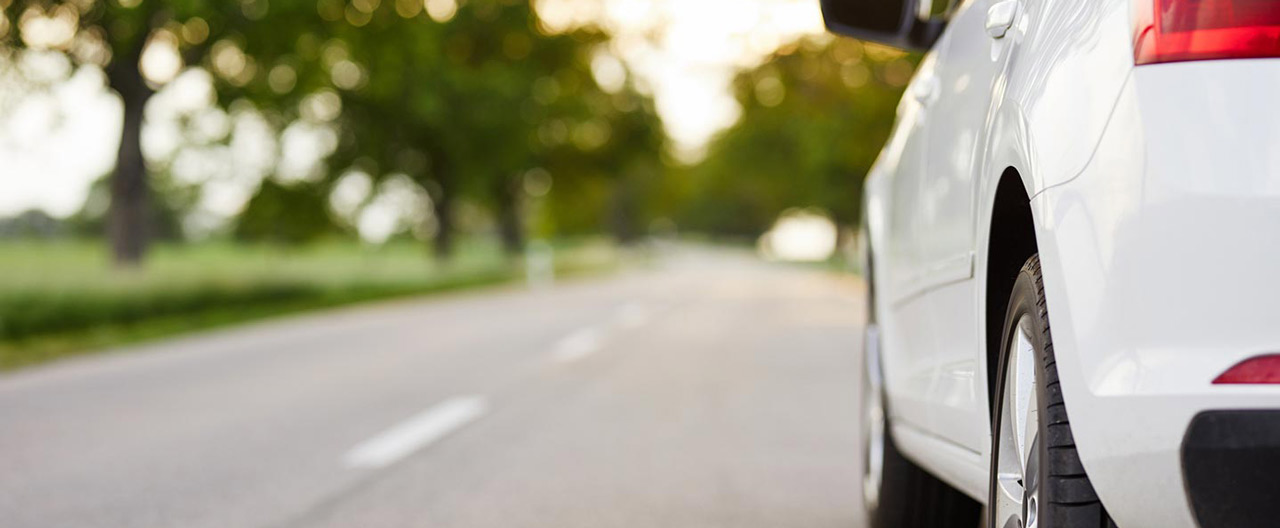- Individuals & Families
- Businesses
- Brokers

With winter on its way out, you may be ready for some spring cleaning.

Make sure you protect your classic cars from damage or additional wear and tear.

Keep your important papers and small valuables away from burglars, fire or natural disaster.

For over a hundred years, we’ve offered unparalleled stability and protection for small boats, yachts, luxury mega-yachts, and more.

Here are some things you can do to assist firefighters and minimize the damage to your home.

At their worst, disputes between professional service firms and their clients can lead to costly lawsuits.
If you own a car that was made by the Volkswagen Group since 1995, you may have heard that the keyless entry system can expose your vehicle to break-ins and theft—or perhaps you’ve already experienced one of these unlucky events. And Volkswagen owners aren’t the only ones at risk.
A team of researchers at the University of Birmingham recently found that a majority of the 100 million Volkswagen vehicles sold in the last decade—most with keyless entry systems—are vulnerable. Car hackers can use cheap, readily available radio hardware to intercept signals from a key fob and then use those signals to “clone” the key. The same research team also found hacking vulnerabilities in a system used by other manufacturers, including Chevrolet, Ford and Renault.
Further, the German automobile club ADAC recently announced results from a study testing a hack that extended the range of wireless key fobs. This means a key fob that would typically only communicate with its car from just a few feet away could, when hacked, activate the unlocking system or ignition from inside the house, allowing a perpetrator to open the vehicle and even drive away before the owner makes it outside. As Wired explained, the researchers pulled off the feat with a pair of radio devices (one held a few feet from the car and the other near the key fob) made with a few cheap chips, batteries, a radio transmitter and an antenna. Despite such lo-fi technology, the study found 24 different cars from 19 manufacturers to be at risk.
So what can you do about car hacking? There’s plenty of advice out there
- One AAA spokesperson told USA Today that since heavy metal cages around a key fob can block an amplifier, you could keep your keys in the microwave, refrigerator or freezer (check with your car dealer to be sure this won’t damage the batteries first), or simply wrap them in aluminum foil while at home. Some companies, such as FobGuard, sell protective Faraday fob shields.
- Among other precautions, Driving.ca, the Canadian automotive website, recommends locking your car with the central door lock button rather than a wireless key fob, using an old-fashioned steering wheel lock, and even considering the purchase of a car from Tesla or General Motors, which hire “white hat” (ethical) hackers to look for bugs.
- And get to know your car's OBD, or on-board diagnostic system, the port that gives owners and repair technicians access to the various computer systems that operate in your vehicle.
- Don't let insurance programs or anyone else plug a "dongle" into the OBD port, which could open it up to hackers.
- And consider an OBD lock, which offers extra protection for your car's precious data.
These few simple steps can put drivers back on the road to peace of mind.
This article originally appeared as "Protect Against Car Hacking and Auto Theft," in the Sept. 2016 edition of Accent by Chubb.
Insights and expertise



This document is advisory in nature and is offered as a resource to be used together with your professional insurance advisors in maintaining a loss prevention program. It is an overview only, and is not intended as a substitute for consultation with your insurance broker, or for legal, engineering or other professional advice.
Chubb is the marketing name used to refer to subsidiaries of Chubb Limited providing insurance and related services. For a list of these subsidiaries, please visit our website at www.chubb.com. Insurance provided by Chubb Insurance Company of Canada or Chubb Life Insurance Company of Canada (collectively, “Chubb Canada”). All products may not be available in all provinces or territories. This communication contains product summaries only. Coverage is subject to the language of the policies as actually issued.

